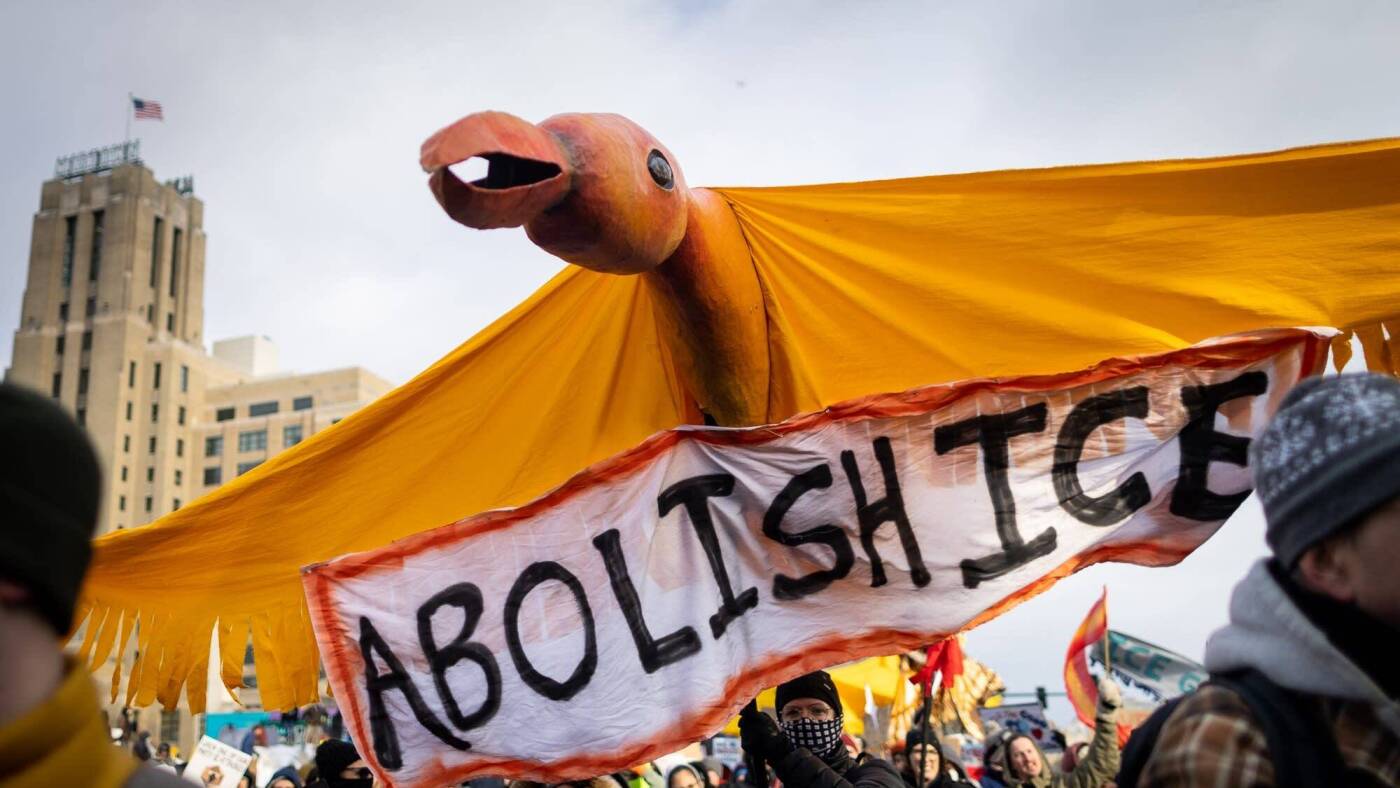A large bird puppet crafted at In the Heart of the Beast Puppet and Mask Theatre in Minneapolis is carried down Lake Street…
Category: 2. World
-
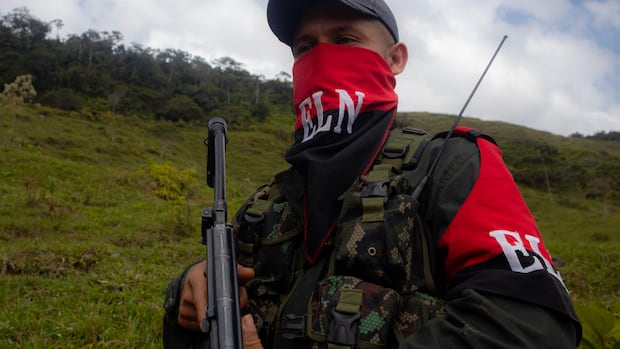
U.S. attack in Venezuela creates risk, opportunity for guerrilla groups
The U.S. attack on Venezuela has shifted the ground for guerrilla groups operating across the country’s borderlands with Colombia, raising fears of possible betrayal by Venezuelan regime officials, while opening the door to a wider conflict…
Continue Reading
-

Significant Event declared for Victoria Bushfires
Sunday, 11 January 2026
The Insurance Council of Australia (ICA) has today declared a Significant Event for the severe bushfires that have been impacting Victoria since 7 January 2026.
The ICA’s preliminary catastrophe processes…
Continue Reading
-
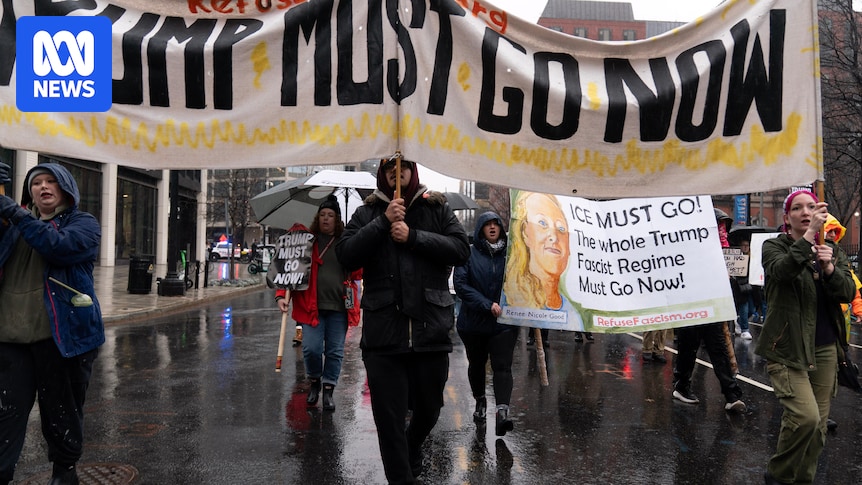
Thousands in US protest against ICE after fatal shooting of Renee Nicole Good
Thousands of people have marched in Minneapolis to protest the fatal shooting of a woman by a federal immigration officer there and the shooting of two protesters in Portland, Oregon, as Minnesota leaders urge demonstrators to remain peaceful.
The…
Continue Reading
-
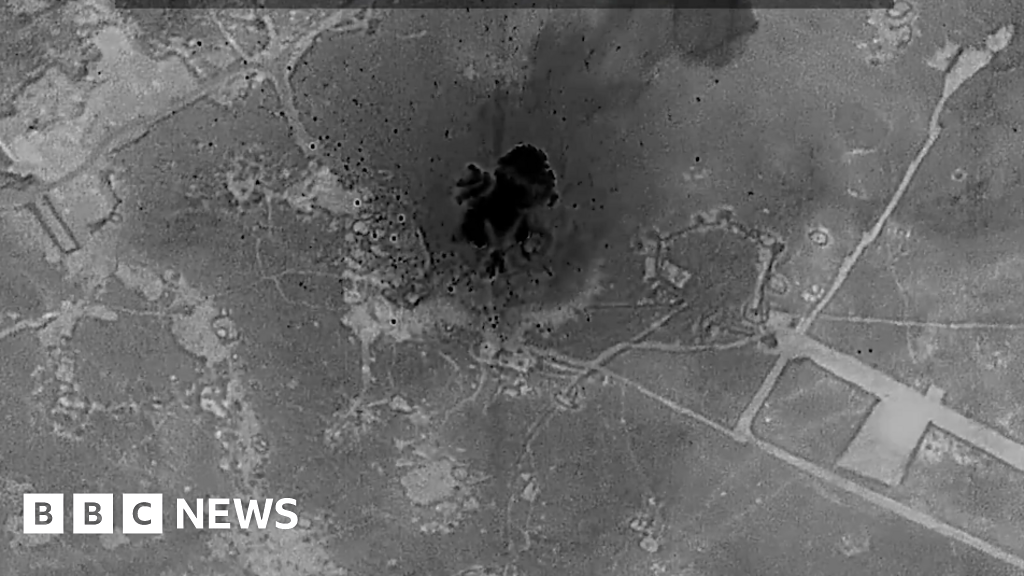
US military strikes Islamic State group targets in Syria, officials say
The US and its partner forces have carried out large-scale strikes against Islamic State (IS) group targets in Syria, the US Central Command (Centcom) has announced.
US President Donald Trump directed the strikes on Saturday, which are part of…
Continue Reading
-

Trump says Venezuela “starting process” of releasing political prisoners
Machado can’t give Nobel Peace Prize to Trump, organization says
The organization that oversees…
Continue Reading
-
Russian Offensive Campaign Assessment, January 10, 2026 – Institute for the Study of War
- Russian Offensive Campaign Assessment, January 10, 2026 Institute for the Study of War
- Russia hits Ukraine with Oreshnik hypersonic missile: Why it matters Al Jazeera
- UNSC calls emergency session on Ukraine tomorrow Dawn
- Russia bombards Kyiv…
Continue Reading
-

Europe alarmed by Trump’s Greenland push : NPR
Europe is increasingly alarmed by Trump’s talk of annexing Greenland, an autonomous Danish territory in the EU and NATO, especially after the U.S. incursion in Venezuela last weekend.
SARAH…
Continue Reading
-
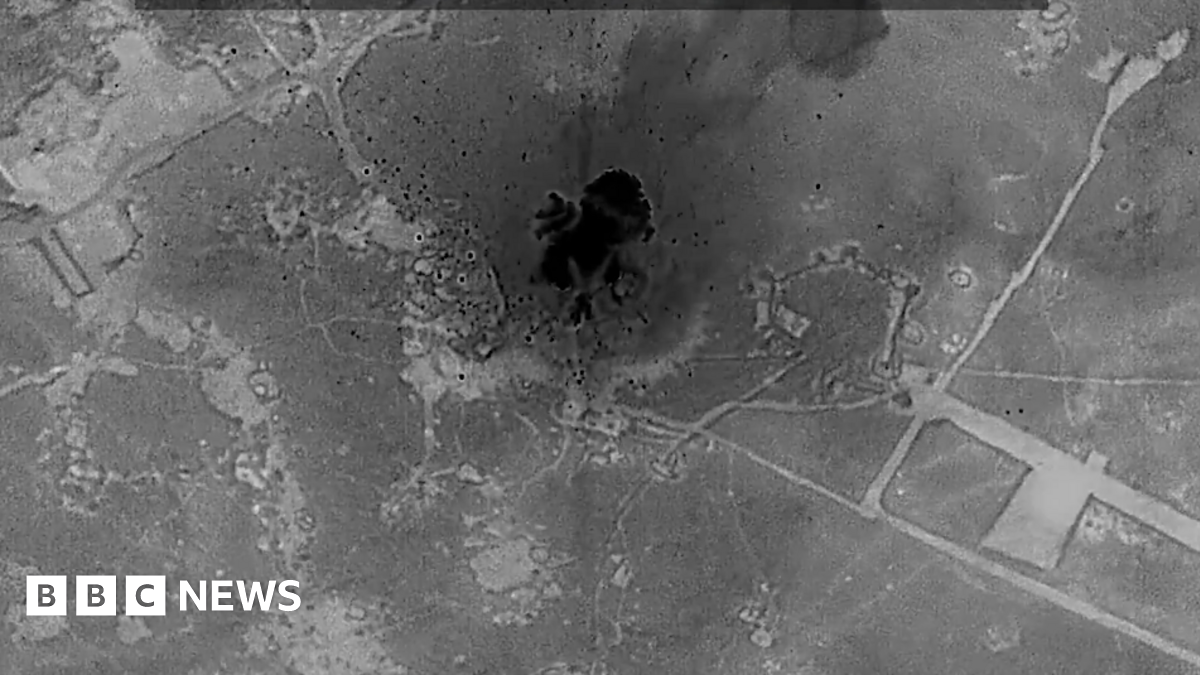
US military strikes Islamic State group targets in Syria, officials say
The US and its partner forces fired more than 90 precision munitions at more than 35 targets in an operation that involved more than 20 aircraft, an official told CBS News, the BBC’s US partner.
The official added that aircraft including F-15Es,…
Continue Reading
-

Storm Goretti: Amber warning in Scotland as disruption continues across UK
Storm Goretti brought heavy snow, ice and strong winds to most parts of the UK this past week.
On Thursday, the day the storm arrived, the Met Office issued a rare red warning for wind in Cornwall and the Isles of Scilly.
Wind speeds of up to 99mph…
Continue Reading
